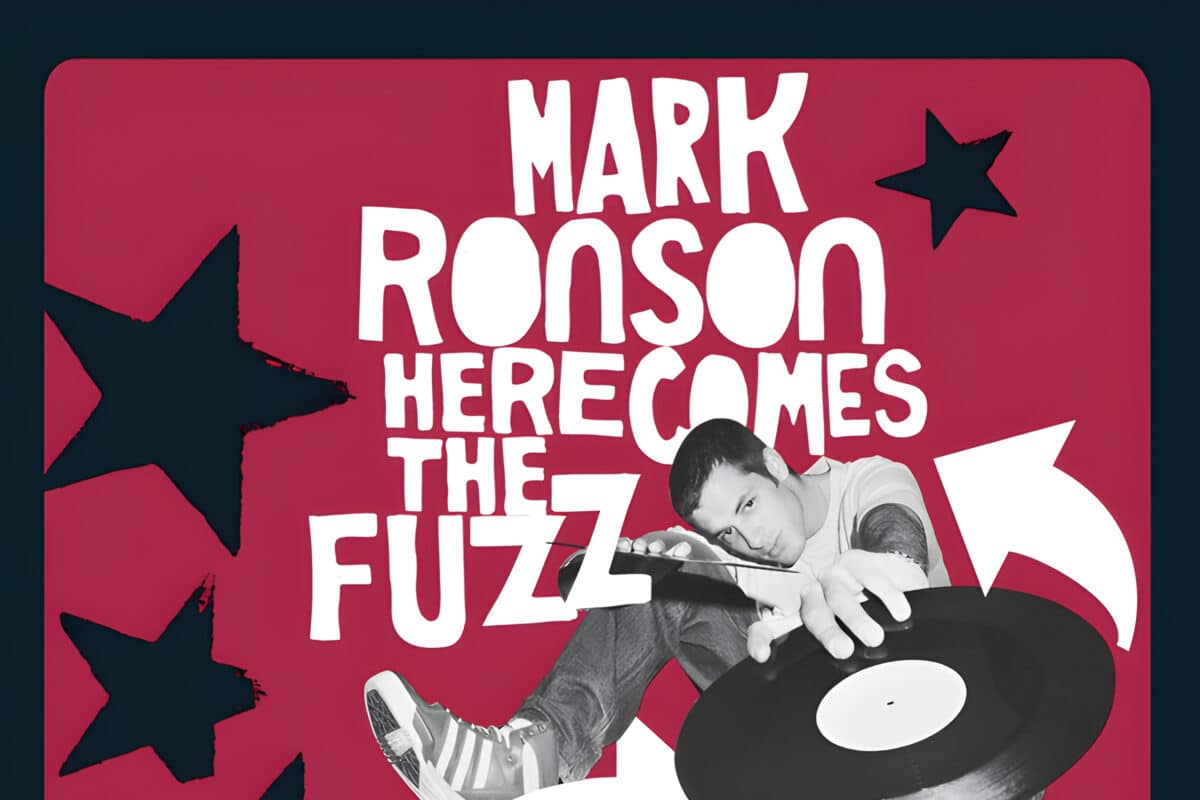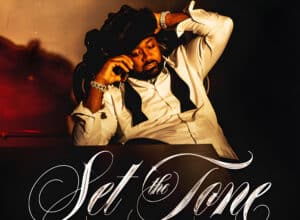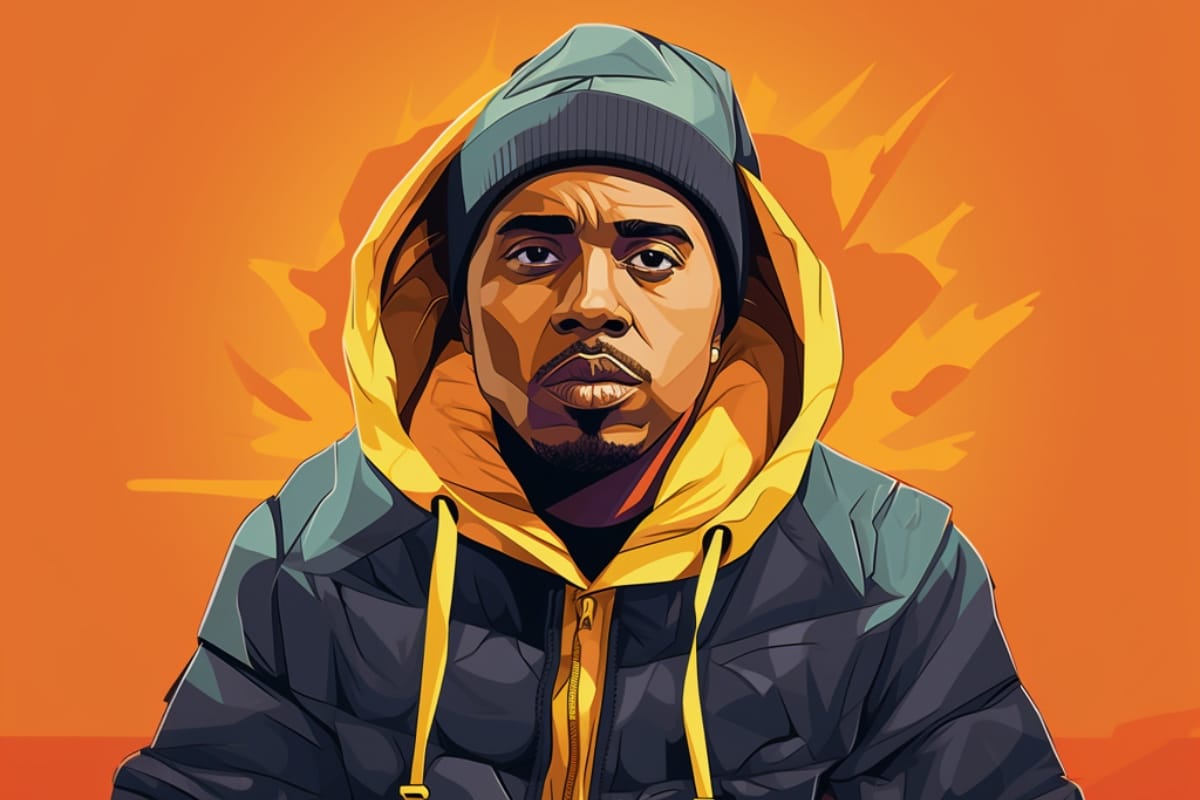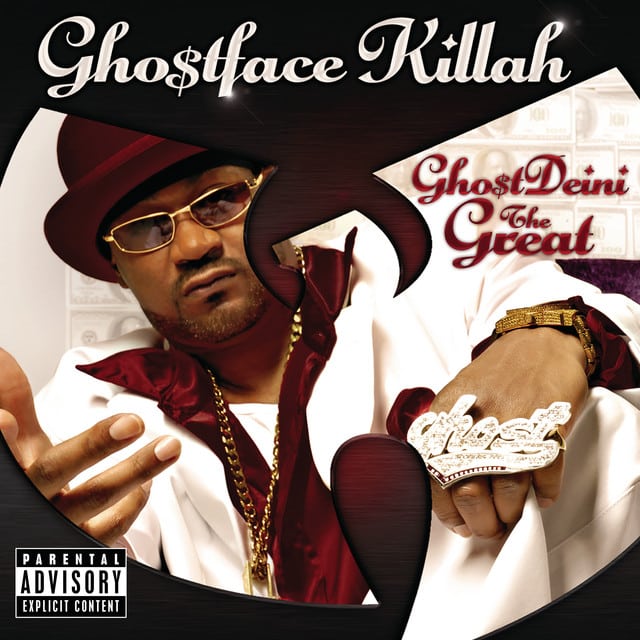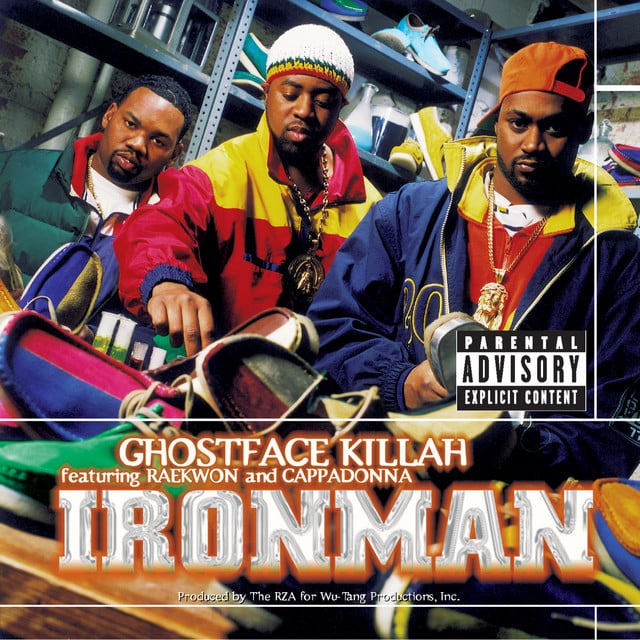Released: 2003
“Ooh Wee” by Ghostface Killah featuring Mark Ronson, Nate Dogg, Trife, and Saigon is an exuberant and vivid anthem of nightlife and swagger. The track narrates the highs of urban escapism, underscored by wealth, bravado, and charismatic encounters, punctuated with a catchy hook. Through its energetic production and lyrical bravado, it paints a vibrant picture of celebration and triumph.
The track opens with an intriguing exchange that sets the scene: “Yo, what’s the deal, nigga?” This serves to immerse the listener in a conversational ambiance typical of close acquaintances gearing up for a night out. Here, Ghostface, affectionately referred to as “pa,” lays the groundwork of being in the hood and the collective goal of getting “our heads right,” highlighting both the mundane and aspirations of those around him. It’s not just about survival but also seeking prosperity, embodied in the night’s planned endeavors.
The hook, sung with that irresistible Nate Dogg flair, carries an infectious “Ooh wee,” blending a catchy melody with rhythmic repetition that instantly becomes memorable. The phrase “ooh wee” echoes admiration and surprise, acting as a reflection of the excitement the nightlife promises. This is a clever nod to how certain phrases or sounds encapsulate moments of joy or disbelief in daily conversation.
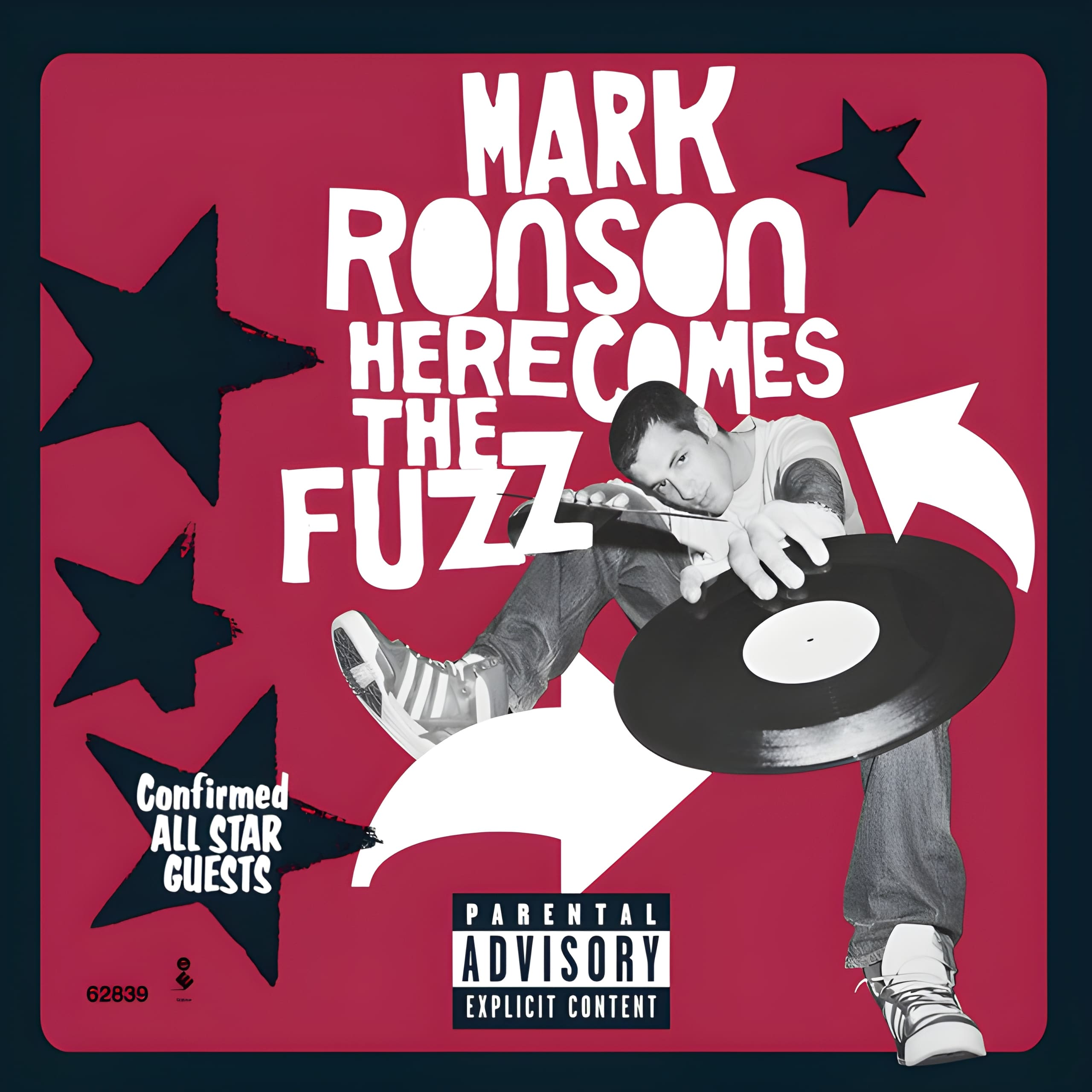
In Ghostface Killah’s verse, he plunges straight into the narrative with vivid imagery, taking listeners to a high-stakes setting in “New York City.” The reference to “Friday night, midnight, Atlantic City” conjures up scenes of a glamorous, albeit risky, gambling environment. As the sound of slot machines is described as “ding-ding-ding,” it heightens the atmosphere of anticipation and adrenaline. The verse expertly interweaves luxury—”Cigars, paisley robes”—with suspense as Ghostface encounters tension when cashing out a “5 million dollars” sum, indicative of both audacity and prowess.
Further, Ghostface crafts a rich tapestry of interactions and power dynamics, especially when detailing how he commands respect (or suspicion) even from those running the establishment: “The manager arrived with two guards, that’s an insult.” It’s an expression of confidence, but also hints at the continuous scrutiny under which they operate due to their street credibility. His assertion that “This ain’t Play-doh dough” serves to differentiate between trivial and significant wealth, reinforcing their formidable status.
The subsequent transition, guided by Nate Dogg’s smooth cadence, shifts the scene to more lighthearted and carefree moments. Nate’s verses reflect the charm and allure that accompany such a high-status life: “When I step into the party, all the ladies wanna know.” This points to an effortlessly magnetic presence where fame and luxury facilitate connection and influence, which in this lifestyle seems as available as a luxury car ready for a drive.
Trife and Saigon further push the narrative by highlighting themes of control and opulence, vividly evoking images of vibrant social scenes and dominant presences. When Saigon raps about the implications of “gettin’ out of line,” it’s more than just physical threat; it speaks to maintaining order and respect in a space they govern. It’s both a warning and an assertion of their clout in the world they operate in.
The infectious repetition of “Ooh wee,” punctuated throughout, is both a signature and an exclamation of satisfaction at the night’s outcomes. Each chorus iteration bolsters the theme of celebration, each “ooh wee” marking a victory or an admired spectacle.
With a closing acknowledgment of Mark Ronson’s contribution, Saigon makes clear the high caliber of production backing the track: “Mark Ron’ backin’ me up.” This elevates the song from being a mere brag about wealth and status to showcasing the kind of teamwork and artistry that enhances each member’s contributions. Ronson’s well-regarded skills bring another layer of refinement to the rough and bold imagery.
Overall, “Ooh Wee” is more than just a song about opulence and the fast life. It’s a cultural tapestry woven with rich narratives, stark images, and bold characters that encapsulate a moment in hip-hop. Through its unapologetic verses and collaborative efforts, it speaks to a deeper social commentary on aspirations and the bittersweet chase for success in a landscape that’s as challenging as it is rewarding.
